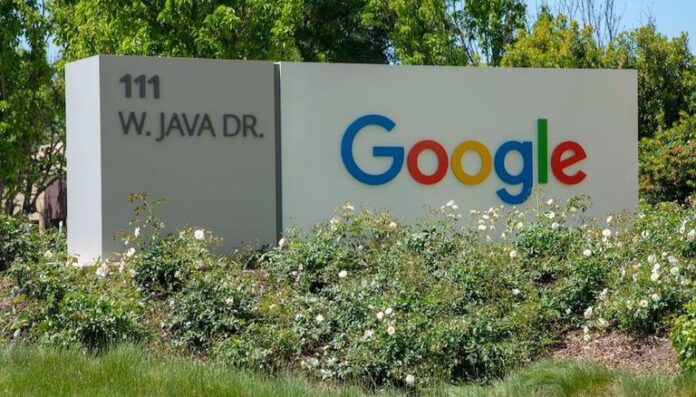India’s Competition Commission – Google has filed a complaint with the Supreme Court of India, accusing the country’s antitrust regulator, the Competition Commission of India (CCI), of forcing modifications to its business model purely to protect its rival, Amazon. According to Reuters, the legal documents show that Amazon complained about its difficulties in developing a modified version of the Android operating system due to Google’s constraints. Google is attempting to overturn the CCI’s October judgement, which mandated ten modifications to its business model after the CCI determined that it had abused its market dominance with its Android operating system, which runs 97% of India’s cellphones.
According to Google’s most recent submission with the Supreme Court, the firm and the CCI are increasingly at odds over the Android inquiry. Google had previously accused CCI officers of “copypasting” elements of a European verdict against the business in a similar issue in a December filing, which the CCI rejected.
The CCI’s October order, which included a $163 million fine, mandated that Google enable the distribution of modified versions of its Android operating system, known as Android forks, without any licencing restrictions, including pre-installation requirements for Google apps. During the probe, Amazon informed the CCI that Google’s restrictions were impeding the development of Fire OS, its Android clone.
Google’s court brief, a detailed 1,004-page document, alleges that the CCI’s decision was purely intended to safeguard Amazon’s interests. According to Google, the CCI’s decision was made in response to Amazon’s complaint that its attempts to produce a forked version of Android had failed due to Google’s constraints.
India’s Competition Commission
Google has expressed major concern about the CCI’s Android judgement in India, as the directions are thought to be much more far-reaching than those issued by the European Commission in its historic 2018 ruling against Google for Android market abuse. Google has challenged both the South Korean and European orders.
The CCI noted in its October judgement that its investigators found that Google’s contractual restrictions had reduced device manufacturers’ ability and willingness to produce and market devices based on Android forks, thereby damaging consumer interests.
Amazon informed Indian authorities that the development of Fire OS, a cloned Android system, needed significant resources, including thousands of employee hours.
Google is presently defending in India’s Supreme Court against any penalty and denies claims of market abuse. The CCI, in a separate document obtained by Reuters, insists that Google follow all of its directions.


Your point of view caught my eye and was very interesting. Thanks. I have a question for you.